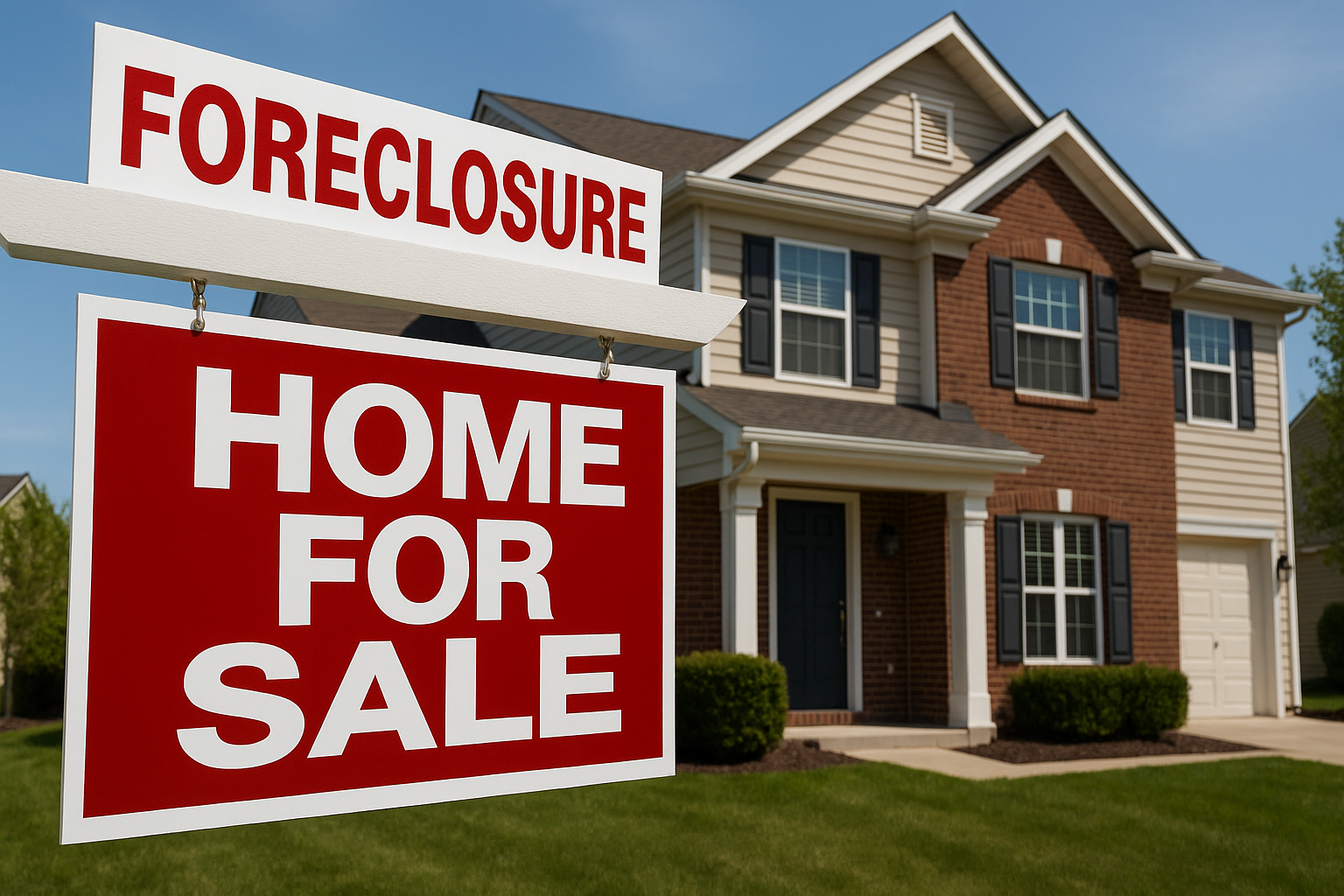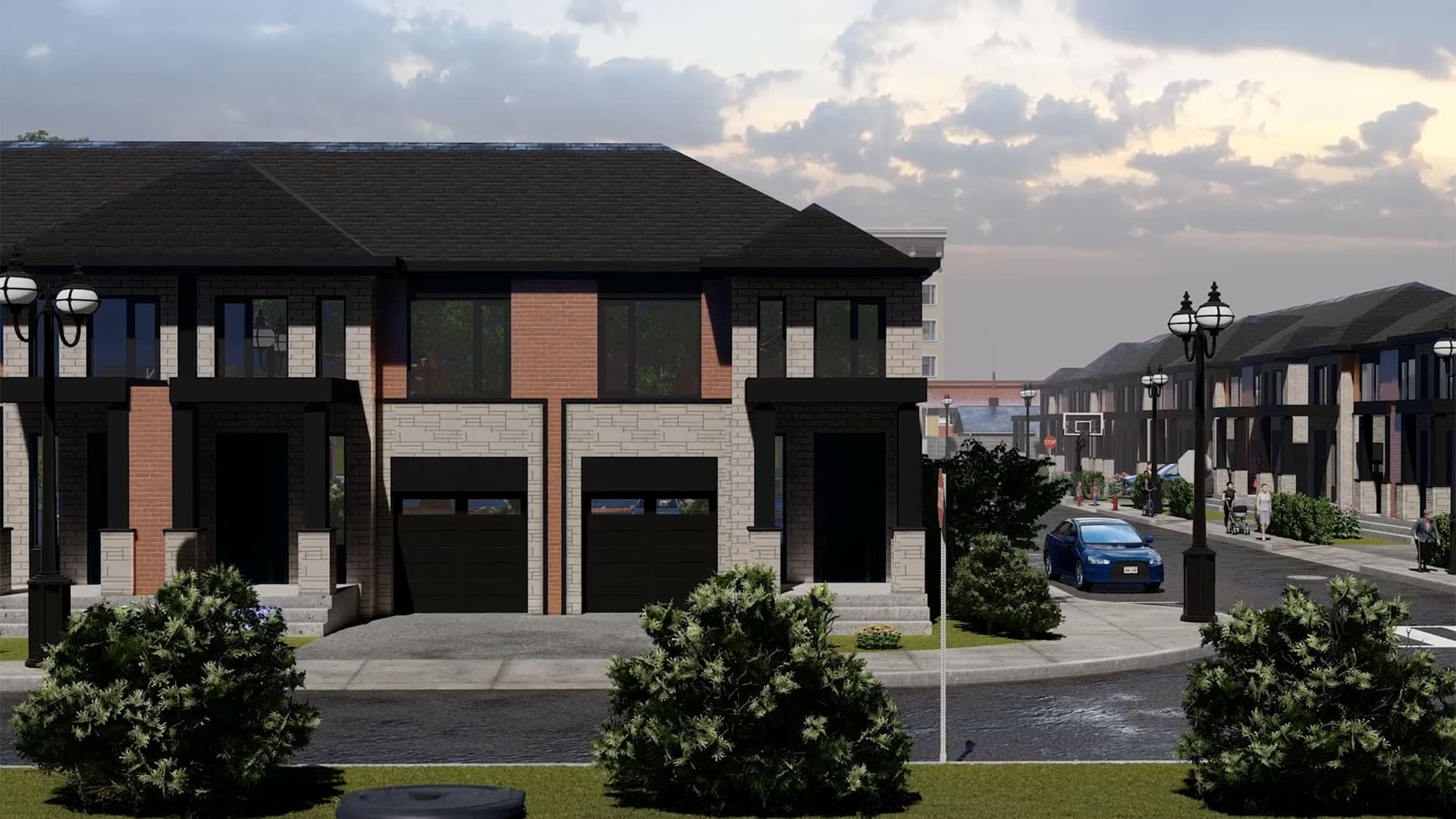Introduction: A Legacy of Excellence in Canadian Real Estate
In the competitive world of Canadian real estate, success isn’t just measured by sales—it’s built on people. Behind every record-breaking transaction is a team driven by purpose, passion, and training that never stops. At Team Arora, the foundation of success lies in exceptional recruitment and continuous professional growth. With over 4500 successful transactions and nearly $4 billion in sales, Team Arora stands as one of the most trusted and accomplished real estate groups in the country.
But numbers alone don’t define greatness. What truly sets Team Arora apart is how they attract, train, and mentor real estate agents into confident industry leaders. Powered by more than 15 years of world-class coaching from North America’s top real estate training agency, Mike Ferry Organization, Team Arora continues to shape the future of real estate recruitment and agent development.
Building a Team, Not Just a Workforce
Recruitment at Team Arora isn’t about filling desks—it’s about building a community of professionals who share a vision for excellence. Every agent is selected not only for their skills but also for their drive to learn, grow, and deliver unparalleled service.
The recruitment philosophy centers on three core pillars:
- Mindset before metrics – Skills can be taught, but attitude and integrity are non-negotiable.
- Growth through mentorship – Continuous learning from leaders who’ve walked the path.
- Collaboration over competition – Success is multiplied when agents lift each other up.
This approach ensures every new member of Team Arora enters an environment where success is shared, celebrated, and supported at every step.
The Mentorship Behind the Movement
At the heart of Team Arora’s unmatched success lies a powerful mentorship structure that transforms potential into performance. Every agent doesn’t just learn to sell—they learn to think, act, and grow like top producers.
Weekly Structure for Success
Team Arora’s mentorship program is designed for consistent progress and accountability:
-
-
- Three meetings every week to review goals, analyze performance, and share insights.
- Five days of morning role-play and prospecting sessions that sharpen communication skills and boost confidence.
- Dedicated sessions focused on improving sales conversations, objection handling, and mindset development.
- Three meetings every week to review goals, analyze performance, and share insights.
-
This routine ensures that every team member stays aligned, focused, and prepared for real-world challenges.
Influences from the World’s Greatest Mentors
Team Arora’s training philosophy draws inspiration from some of the most influential thought leaders of all time:
-
-
- Earl Nightingale – Known as the “Dean of Personal Development,” his teachings on purpose, attitude, and clarity guide the team’s approach to personal growth and communication. His timeless philosophy reminds agents that success begins with the right mindset.
- Brian Tracy – A global authority on business systems and personal achievement, Brian’s lessons have shaped Team Arora’s structured approach to productivity, goal setting, and continuous improvement. His emphasis on discipline and self-management directly informs the team’s daily practices.
- Dan Sullivan – A modern entrepreneurial strategist, Dan teaches how to “think like an entrepreneur”, focusing on creativity, independence, and leadership. His influence helps Team Arora members see themselves not just as agents but as visionary business owners.
- Earl Nightingale – Known as the “Dean of Personal Development,” his teachings on purpose, attitude, and clarity guide the team’s approach to personal growth and communication. His timeless philosophy reminds agents that success begins with the right mindset.
-
The Mindset Connection: Bob Proctor and the Law of Attraction
In addition to structured mentorship, Team Arora integrates mindset mastery inspired by Bob Proctor, one of the greatest teachers of the Law of Attraction. His teachings encourage agents to believe in abundance, align their thoughts with their goals, and maintain a winning mental state.
This combination of mental conditioning and professional coaching ensures that every agent grows not just in skill but also in spirit. They learn that success starts within—and expands outward through focused action, consistent habits, and positive energy.
Why Recruitment Matters in Real Estate
In today’s fast-paced real estate landscape, recruitment is more than hiring agents—it’s about curating talent that can adapt, connect, and thrive. The market changes rapidly, and so must the people who represent it.
Top real estate teams understand that long-term success comes from investing in people first. Recruiting the right talent not only expands business reach but also strengthens brand reputation. Team Arora has built its success on this exact principle: find passionate individuals, train them to be the best, and empower them to exceed their own expectations.
The Power of Proven Coaching
A major reason Team Arora consistently outperforms the market is its long-term commitment to professional coaching. For over 15 years, Team Arora has partnered with the renowned Mike Ferry Organization, a name synonymous with excellence in real estate training across North America.
Through this partnership, every agent gains access to structured programs covering:
-
-
-
- Prospecting and lead generation strategies
- Effective communication and negotiation techniques
- Time management and productivity systems
- Goal-setting and accountability frameworks
- Proven scripts and presentation mastery
- Prospecting and lead generation strategies
-
-
The result? A team of confident, disciplined professionals who know how to navigate every type of market. Whether the market is hot or cooling, Team Arora’s agents have the mindset and methods to keep winning.
From New Agent to Top Producer: The Training Advantage
New agents who join Team Arora aren’t left to figure it out alone. The onboarding process is designed to transform potential into performance. From day one, agents receive:
-
-
- One-on-one mentorship from experienced team leaders.
- In-house workshops on client relations, contracts, and marketing.
- Access to live coaching sessions inspired by the Mike Ferry system.
- Hands-on experience in real market scenarios.
- One-on-one mentorship from experienced team leaders.
-
Many agents who started with little experience now lead their own successful portfolios—all thanks to the team’s structured recruitment and development strategy.
What Makes Team Arora Different
1. Proven Track Record
With 4500+ transactions and close to $4 billion in total sales, Team Arora has already proven its market dominance. Recruits get to learn within a system that works—and has the results to show for it.
2. Strong Brand Reputation
Team Arora’s name carries trust. Clients know they’re working with professionals trained to deliver excellence. For agents, this credibility means instant market recognition and easier relationship building.
3. Continuous Learning Culture
Even seasoned agents attend ongoing sessions to sharpen their skills. The belief is simple: if you’re not learning, you’re falling behind.
4. Supportive Team Environment
From marketing assistance to administrative support, Team Arora ensures every agent can focus on what they do best—serving clients and closing deals.
5. Cutting-Edge Tools and Technology
Recruitment isn’t just about people; it’s about giving them the right tools. Team Arora uses modern CRM systems, AI-powered lead tracking, and data-driven insights to keep agents ahead of the curve.
The Mike Ferry Influence: Training with the Best
For over four decades, Mike Ferry Organization has been the gold standard in real estate training. Their philosophy revolves around mastering the fundamentals—prospecting, follow-up, pre-qualification, presentation, and closing.
Team Arora’s long-term involvement with this program gives them an edge few teams can claim. The result is a culture of accountability, professionalism, and consistent production.
Each team member learns not only how to sell homes but also how to build relationships, manage time, and operate like a business owner. That’s what makes Team Arora agents more than salespeople—they’re trusted advisors.
Empowering Agents for the Future
The recruitment strategy at Team Arora doesn’t stop once a new agent joins. Long-term career growth is part of the deal. The leadership invests in each member’s personal and professional development through:
-
-
-
- Quarterly performance reviews and personalized goal planning.
- Access to national networking events and market trend discussions.
- Exclusive seminars with industry experts and guest speakers.
- Opportunities for specialization in luxury, commercial, or investment real estate.
- Quarterly performance reviews and personalized goal planning.
-
-
This holistic approach ensures every agent continues to evolve alongside the industry.
Why Agents Choose Team Arora
Here’s what consistently attracts ambitious professionals to join:
-
-
- Unmatched mentorship from top producers.
- Reputation for results backed by billions in sales.
- Proven systems derived from North America’s top coaching organization.
- Collaborative culture that encourages both independence and teamwork.
- Opportunities to scale income without compromising integrity.
- Access to marketing, branding, and tech support.
- Strong client base built over two decades of excellence.
- Visionary leadership committed to agent growth.
- Recognition programs celebrating milestones and achievements.
- Long-term stability in an ever-changing market.
- Unmatched mentorship from top producers.
-
When you combine mentorship, proven systems, and world-class coaching, you create a pathway where motivated agents can thrive—not just survive.
Recruitment with Purpose: Building Leaders, Not Followers
At Team Arora, recruitment is seen as leadership development. Every new agent represents the next generation of excellence. The focus isn’t simply on selling homes but on shaping individuals who can uphold the team’s legacy of professionalism, honesty, and service.
The leadership team personally invests time in mentoring newcomers. From weekly strategy calls to one-on-one coaching, every agent receives direct feedback designed to accelerate growth. This people-first approach has made Team Arora one of the most respected names in Canadian real estate.
A Vision Beyond Sales
While the numbers are impressive—4500 transactions and nearly $4 billion in total sales—the vision goes further. Team Arora’s mission is to redefine what it means to work in real estate by focusing on education, empowerment, and ethical excellence.
Each agent becomes part of something larger: a movement that raises the standards of the industry. Recruitment here isn’t just about growing the team; it’s about elevating real estate across Canada.
Join Team Arora: Where Ambition Meets Opportunity
If you’re a motivated individual ready to grow in one of the most rewarding industries, Team Arora is your platform to shine. Whether you’re a new agent seeking guidance or a seasoned professional looking for a higher ceiling, this is where potential meets possibility.
Here’s what you can expect when you join:
Comprehensive onboarding and training
Access to world-class coaching from the Mike Ferry Organization
Strong brand recognition across Canada
Proven systems that deliver real results
Collaborative culture focused on your success
With the right attitude, guidance, and systems, you can achieve more than you ever imagined—and Team Arora provides all three.
Final Thoughts
Recruitment is the heartbeat of every successful organization, and Team Arora has mastered it. By combining world-class training, visionary leadership, and a proven track record of over 4500 transactions and nearly $4 billion in sales, the team continues to lead by example.
If you’re looking to be part of a real estate family that values learning, success, and integrity, look no further. Join Team Arora today—where every transaction tells a story of growth, and every agent builds a legacy of excellence.
FAQ’s
1. What makes Team Arora different?
Team Arora combines strong mentorship, elite coaching, and proven systems. With 4500+ transactions and nearly $4 billion in sales, agents learn from 15+ years of Mike Ferry training and weekly mentorship inspired by Earl Nightingale, Brian Tracy, Dan Sullivan, and Bob Proctor’s mindset philosophy.
2. What kind of training is offered?
New agents receive hands-on guidance, daily role-play sessions, and three weekly meetings focused on sales, mindset, and growth. Training follows Mike Ferry’s system, supported by teachings from top mentors. The goal: transform beginners into confident, high-performing real estate professionals.
3. How does mentorship improve performance?
Mentorship sharpens skills through consistent structure—five morning prospecting sessions and three weekly meetings. With guidance rooted in Earl Nightingale’s mindset, Brian Tracy’s systems, and Dan Sullivan’s entrepreneurship, agents build confidence, improve communication, and develop the discipline needed to thrive in Canada’s competitive real estate market.
4. What growth opportunities exist at Team Arora?
Agents grow through mentorship, leadership pathways, and entrepreneurial coaching. Inspired by Dan Sullivan’s Strategic Coach principles, Team Arora helps agents evolve into business-minded professionals. Every agent can scale income, lead others, and specialize in luxury, commercial, or investment real estate.
5. How can I join Team Arora?
To apply, visit www.teamarora.com. Team Arora welcomes driven individuals eager to learn, grow, and perform. Expect mentorship, Mike Ferry coaching, and mindset training inspired by Bob Proctor. This is more than a job—it’s a career transformation built on excellence and opportunity.
Disclaimer
The information provided in this blog is intended for general guidance and recruitment purposes only. Team Arora reserves the right to modify training programs, mentorship structures, and related details without prior notice. Individual results may vary based on experience, market conditions, and personal effort.
Contact Team Arora
Office Address: 268 Derry Rd W Unit 101, Mississauga, ON L5W 0H6
Phone: 416-910-8923
Email: info@teamarora.com
Website: www.teamarora.com
Follow Us: Facebook | Instagram | YouTube










